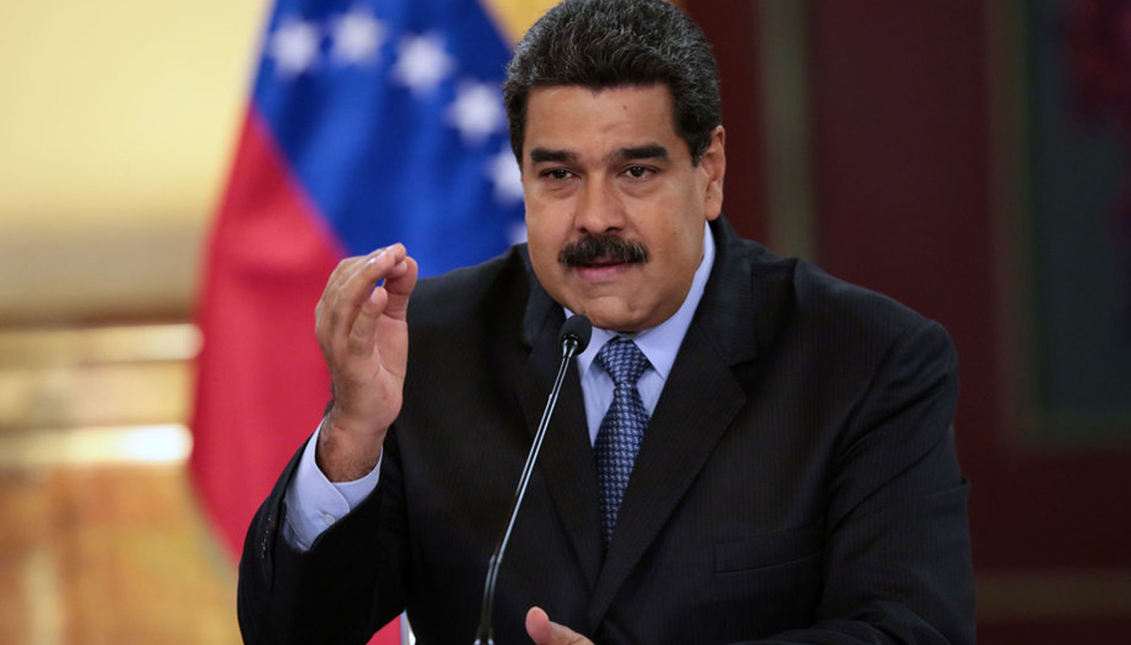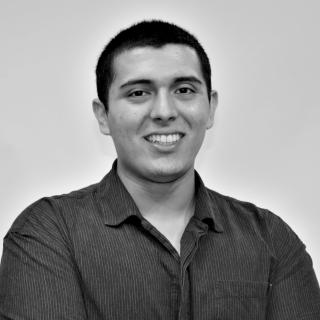
Venezuela’s Nicolas Maduro pardons several political opponents ahead of Congressional elections
The Venezuelan government hopes to increase voter participation with the pardons of political opponents who expect rigging in the December elections.
On Monday, Venezuelan president Nicolás Maduro ordered by decree the pardoning of 110 people, many of them political adversaries who were imprisoned, sought refuge in foreign embassies in Caracas or fled the country.
In a televised address, he wanted to reassure the Venezuelan public that he had tactically measured how this move would play out.
“I know what I am doing and I ask for your support. I ask for the understanding of the whole country, all of Venezuela. I ask for understanding and I ask for support for this path of peace,” Maduro said.
The president added that he felt that the pardons would increase voter participation in the upcoming congressional elections on Dec. 6.
The opposition to Maduro and the ruling United Socialist Party is led by U.S.-backed Juan Guaidó and they have discussed boycotting the election out of fear it could be rigged.
The precedent for this concern stems from Maduro’s 2018 reelection, which was disputed because of an extremely low turnout and the opposition alliance did not field a candidate.
The president had asked the United Nations to send observers for the election, but the opposition rallied against the oversight.
When it was announced by the National Electoral Council (CNE) that Maduro had won, the two other presidential candidates representing different factions of the opposition claimed the electoral body was reporting a higher turnout than what they perceived.
It was made known on Wednesday that Maduro’s Minister of Foreign Affairs Jorge Arreaza sent letters to the United Nations and European Union for them to have observers in Venezuela for the congressional elections.
Leopoldo López, an opposition leader who was imprisoned on charges of sparking anti-government protests in 2014, was not on the list of pardons. He is currently in the residence of a foreign ambassador in Caracas.
López was joined by Henrique Capriles, a presidential candidate that narrowly lost to Maduro in 2013, and self-proclaimed interim president Guaidó in not being on the list.
However, Freddy Guevara, a former vice president of the national assembly who was also accused of instigating violence at protests, did receive a pardon from Maduro.
In 2017, Guevara was famously stripped of his parliamentary immunity after his accusation and he later asked the Chilean embassy in Venezuela for protection.
RELATED CONTENT
Support for Guaidó in Venezuela has winnowed in recent months because in over a year and a half, he has not brought the country closer to ousting the socialist leader. Instead, his own seat of president of the national assembly is now disputed.
He managed to get 50 countries to recognize him as Venezuela’s legitimate president and he was one of President Donald Trump’s special guests at his State of the Union address in February.
Boycotting the election later this year will allow him to say there was not an actual election at all and will draw out his political standoff, but he knows it can not last indefinitely.
In an attempt to not come across as a weak leader for pardoning his political opponents to increase voter turnout, and so he is not accused again of having a fraudulent election, Maduro mentioned pressures he is facing from Washington D.C. and the international community.
“I have been the victim of the most brutal aggressions. The government of the United States of America has attacked my ethics, my conduct, my being. It put $15 million on my head. Donald Trump approved the killing of me,” he claimed.
The Venezuelan leader was referring to a reward of $15 million that was set by the U.S. State Department in March for information leading to his arrest or conviction.
The Trump administration was quick to respond to Maduro’s pardons, saying that it should be celebrated as many more members of the opposition remain in prison.
“Restoring constitutional rights that were illegally taken away should not be applauded,” the U.S. State Department said in a statement. “All of these prisoners should be released immediately and unconditionally.”
Several members of Trump’s campaign and White House have had their own run-ins with the law years.
Current U.S. Special Representative for Venezuela, Elliot Abrams, went to prison for his involvement in the Iran-Contra affair. He was later pardoned by President George H. W. Bush in 1992.










LEAVE A COMMENT: